5 MUST-read books by Russian writer Eugene Vodolazkin
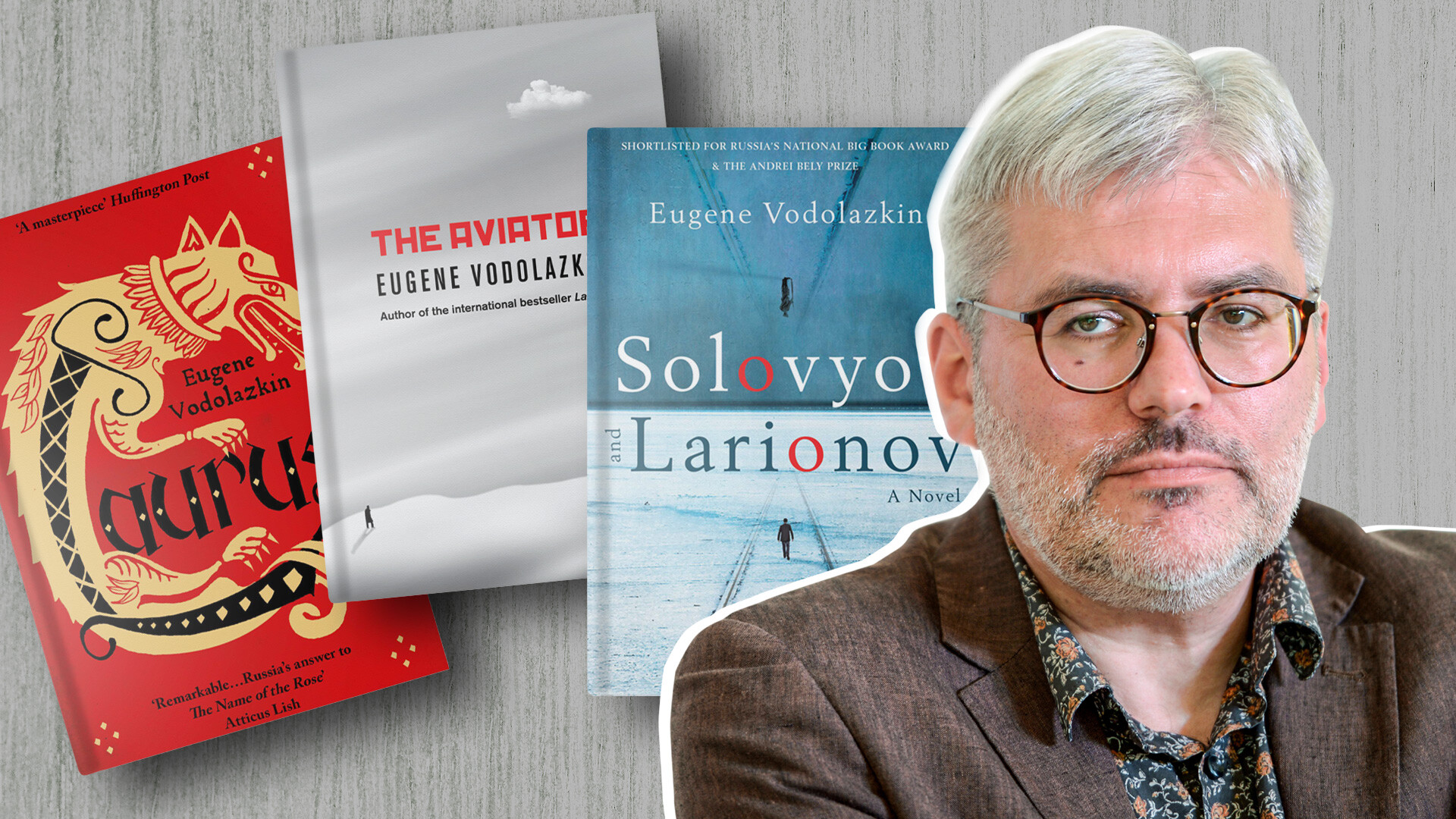
Eugene Vodolazkin is a big name on the Russian literary Olympus right now. And each of his new books attracts a lot of attention from both readers and critics. Vodolazkin himself is a philologist and historian, focusing on medieval Russia. He was a student of the legendary academic Dmitry Likhachev.
All the Vodolazkin’s books are very different and authentic, but they all have one thing in common – they all investigate the past and present and the matter of time in its historical perspective. Here are five of his books, translated into English, that we highly recommend reading!
1. Solovyov & Larionov (2009)
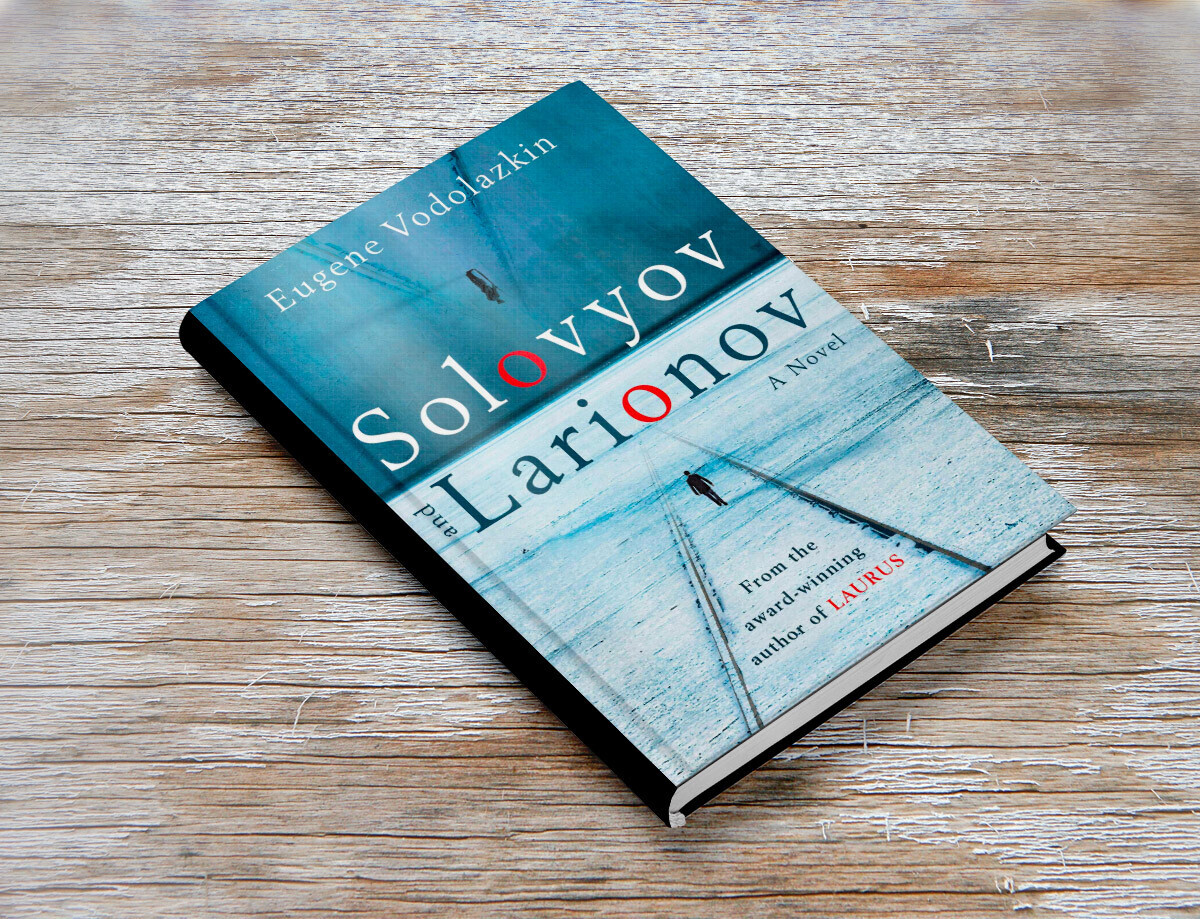 Translated by Lisa C. Hayden
Translated by Lisa C. Hayden
Solovyov is a postgraduate student in the 1990s writing a paper about the White Army’s General Larionov and his fate during the Bolshevik Revolution and Civil War in Russia. Larionov’s part in the war campaign had a lot to do with Crimea. And Solovyov sets off to Crimea to a conference devoted to the life of General Larionov. Oddly enough, it appears that the destinies of the Civil War general and a 1990s student become intertwined.
The novel has a slight irony about all the scholarly research and conferences that the author Vodolazkin knows from his first-hand experiences.
2. Laurus (2012)
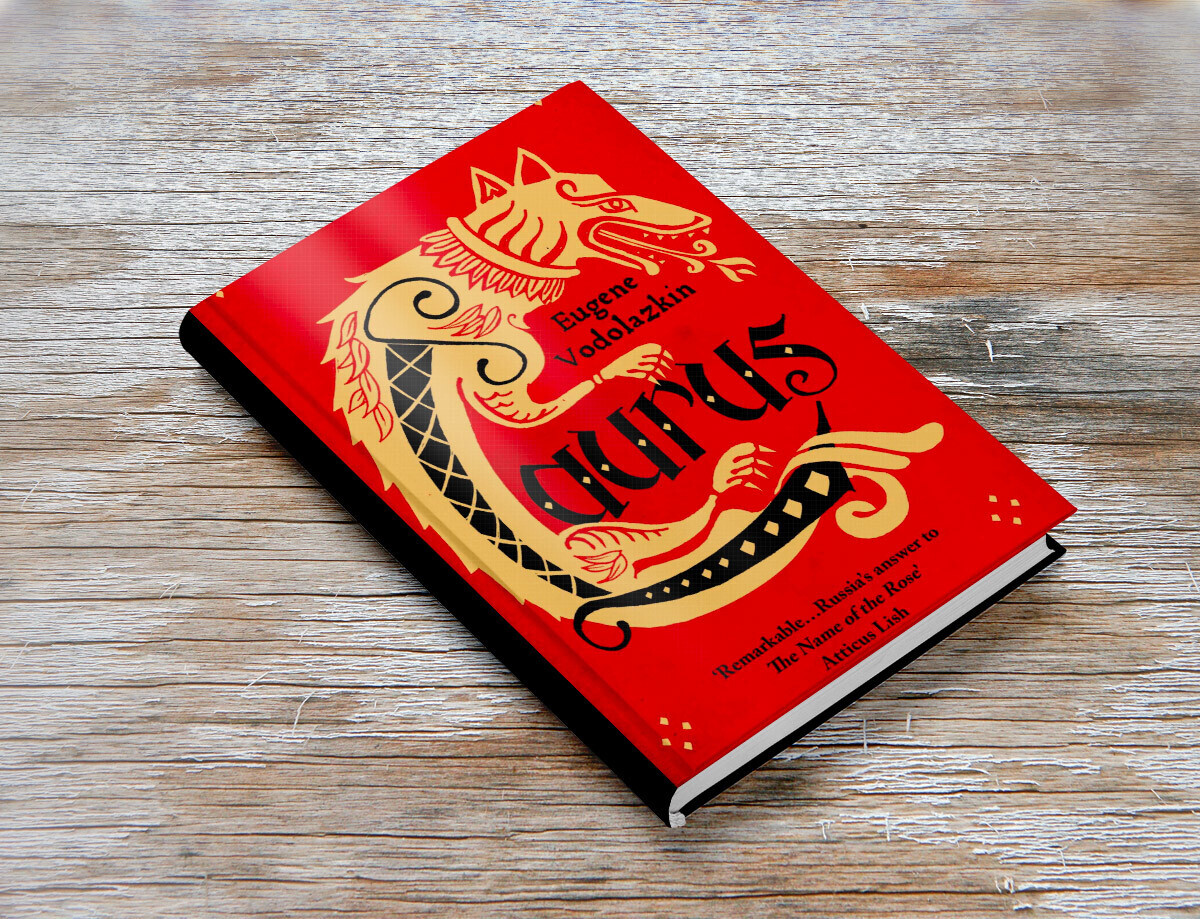 Translated by Lisa C. Hayden
Translated by Lisa C. Hayden
The novel’s structure resembles the hagiography (the writing of the lives of saints) of a saint. Set in 15th century Russia, in sorrow after losing his beloved woman, a young man named Arseny devotes his life to praying to God and committing the whole spiritual odyssey. Taking the name of Laurus, the character becomes a monk and then a holy fool, not taking care of himself. He wanders Russia and the world, makes a pilgrimage to Jerusalem and, finally, settles down as a hermit monk in a forest, where he receives and heals the sick.
Eugene Vodolazkin, a philologist and expert in medieval Russian literature, wrote an extremely unusual and authentic novel that ended up becoming a bestseller in Russia. His book is full of Old Russian dialogue and details, for which he was dubbed the ‘Russian Umberto Eco’.
3. The Aviator (2016)
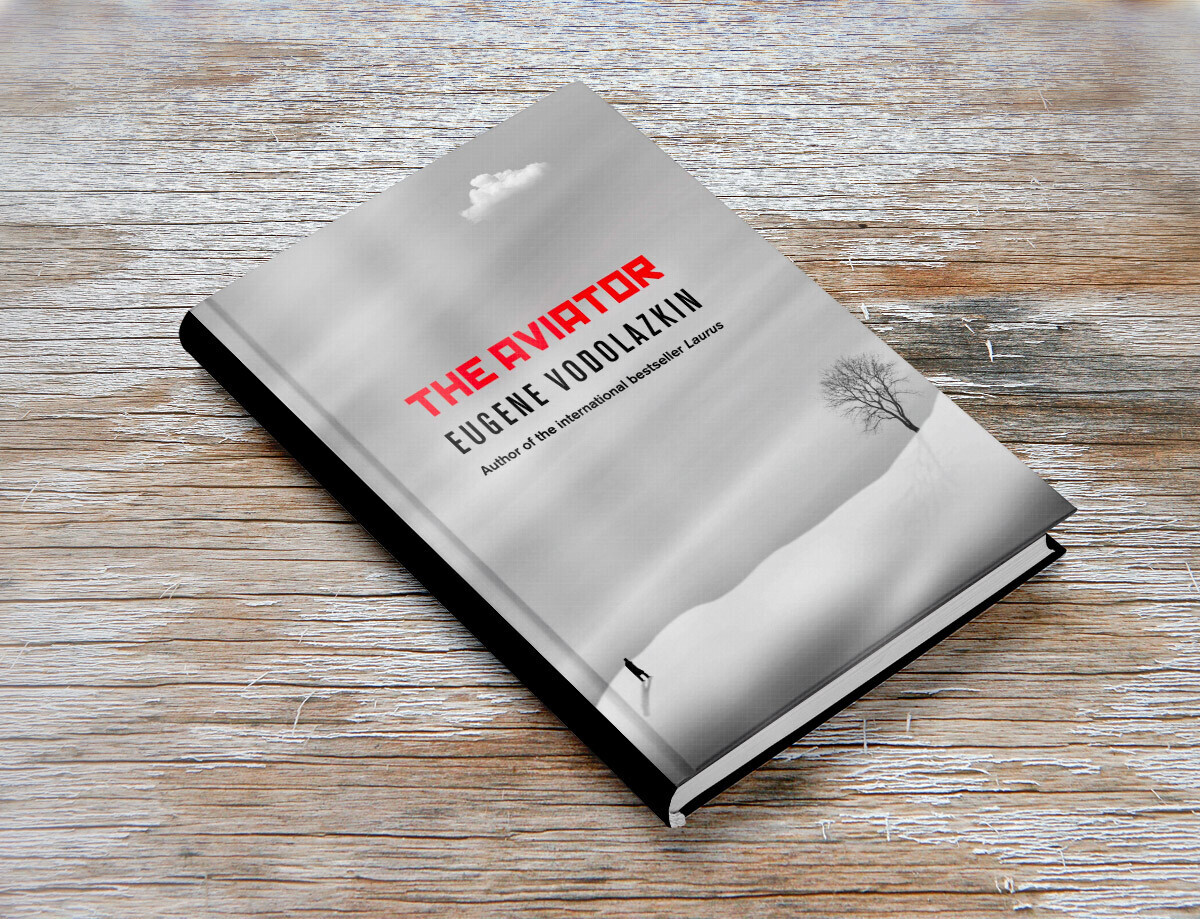 Translated by Lisa C. Hayden
Translated by Lisa C. Hayden
As part of an experiment, the protagonist of the novel was literally frozen in a secret lab in the Solovki gulag camp and then was defrosted and brought back to life in the 1990s. As he walks the streets of his native Leningrad, now St. Petersburg, he’s shocked by everything that’s changed, even the smells and sounds. Eventually, he meets the granddaughter of a woman he once loved and finds that they are very alike…
This is another reflection of historian Vodolazkin about the time and how it affected people’s lives. Will a man from the early 20th century be able to live a new life under new laws, several decades into the future?
4. Brisbane (2018)
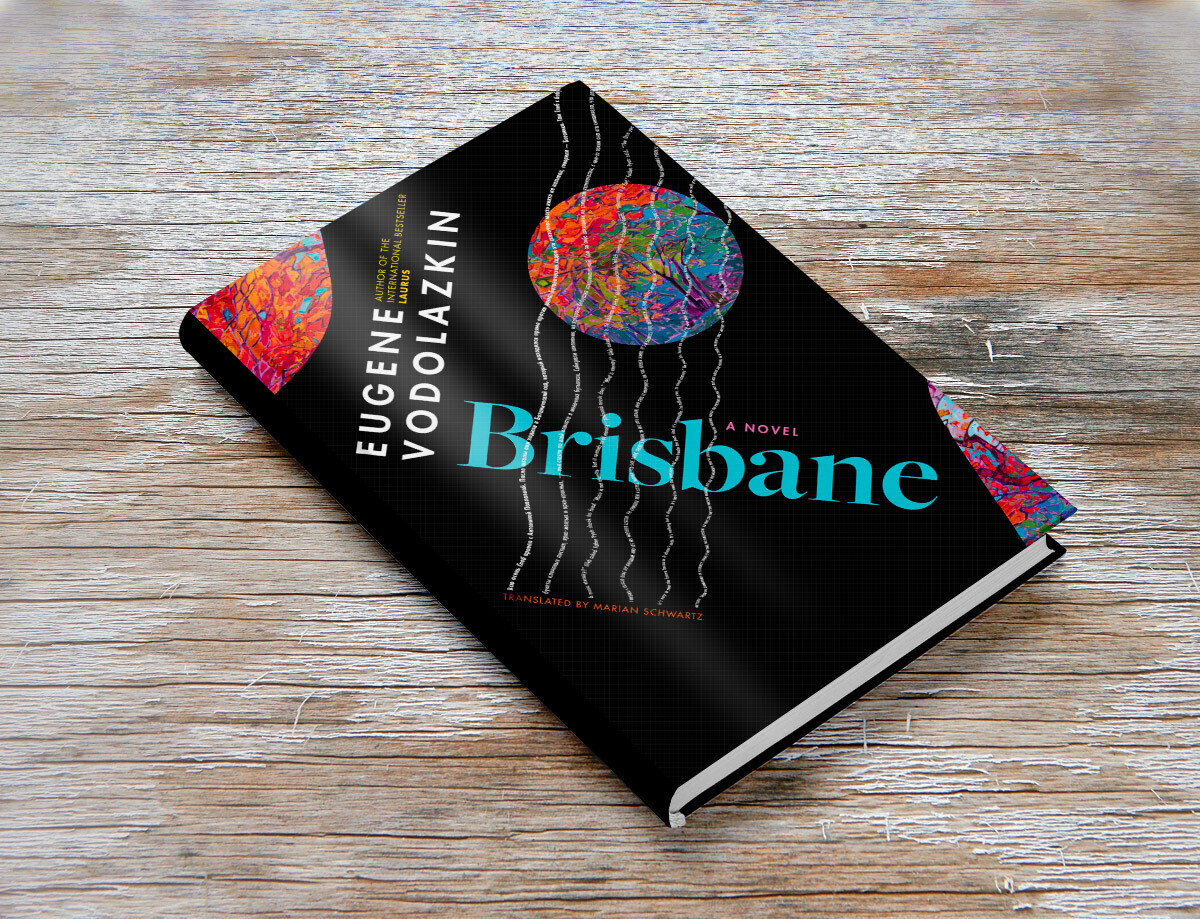 Translated by Marian Schwartz
Translated by Marian Schwartz
The protagonist, Gleb Yanovsky, is a famous virtuoso musician and guitarist. At the very peak of his career, he loses the ability to play because of Parkinson’s disease. Understanding that he soon won’t be able to perform, he tries to remember his life and, moreover, to save the memory that might soon disappear.
Sweet memories from childhood in Soviet Kiev, his youth and studying in Leningrad, meeting his first love and, eventually, losing that sense of a big homeland after the Soviet collapse… Being middle aged, Gleb needs to acknowledge that his previous life is gone and he has to learn how to live on and to find new meaning in his life… (Read more about this book here)
5. A History of the Island (2020)
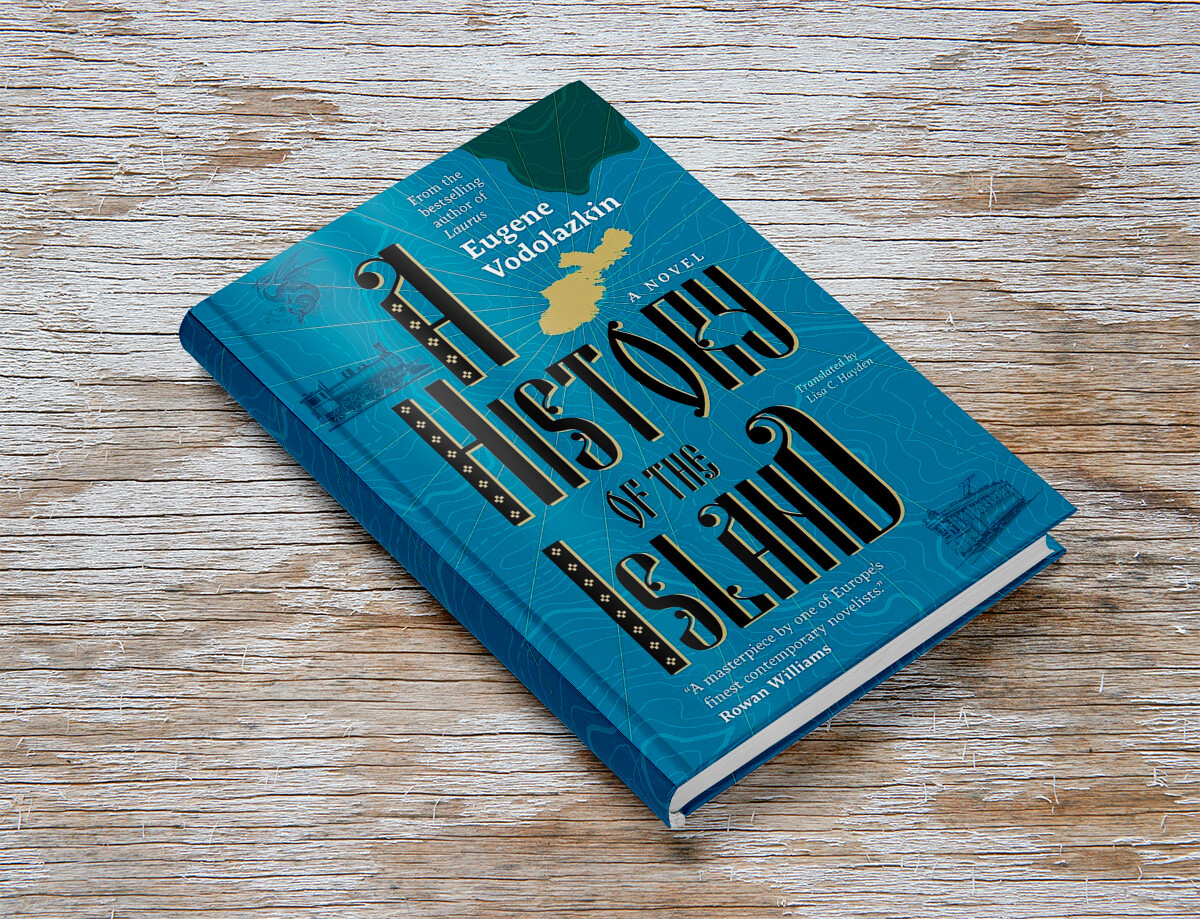 Translated by Lisa C. Hayden
Translated by Lisa C. Hayden
Many years of studying chronicles resulted in Vodolazkin inventing his own chronicle of the fictional island. Time passes, war and pandemics come and go and other events change one another, as well as rulers. Some of them bitterly remind one of real historical figures, but they are only symbolic. Uniqueness is added by the fact that all this history is commented on by Prince Parthenius and Princess Ksenia, who are more than 300 years old and are the only living witnesses of all events.
So, when we look at the particular history of one certain place from medieval to modern times, it appears that progress is just a myth and actually nothing changes, especially humans. Vodolazkin also ironizes on the way this history is constantly being rewritten, according to each current political era.


